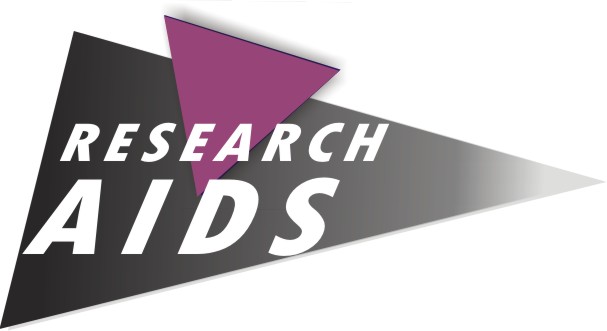Initial HIV/ AIDS Symptoms
Most of the serious scientists believe AIDS is caused by HIV virus. HIV infection is very insidious, because the virus penetration into the human body and reproduction in most cases does not cause any specific AIDS symptoms at the beginning. HIV test is the only reliable way to determine HIV status. HIV virus affects the immune system and the central nervous system. That’s why at much later stage the infected person suffers from diverse symptoms connected with poor functioning of these systems.So the initial HIV/ AIDS symptoms are implicit. For example, in a few weeks after the infication the body temperature may increase slightly (99.5 – 100.4°F) accompanied by enlarged lymph nodes, sore throat, red spots on the skin, sometimes diarrhea.
These AIDS symptoms are often neglected and thought they are caused by slight flu or intestinal disorder. Even not each HIV infected person has these symptoms; in those who do have the AIDS symptoms they last for a short time. But if the symptoms are really caused by HIV infection their disappearance means the infection is propagating in the body.
Asymptomatic stage of HIV infection
This stage is characterized by large amount of HIV virus in the peripheral blood. Immune system produces antibodies and cytotoxic lymphocytes in response. Such immune response is called seroconversation. HIV antibody test may be negative if done before producing large amount of antibodies in the body.
HIV infection may be present imperceptibly up to 10-12 years: this time usually passes from HIV infection till AIDS development if no treatment is undertaken.
Sometimes the infection gives a notice of itself by increasing some lymphatic nodes: posterior cervical, infraclavicular, sometimes anterior cervical, axillary, inguinal. In this case it is recommended to get tested not only for the diseases that are manifested by the lymph nodes enlargement (there are plenty of them, for example the lymph nodes enlargement may be a single symptom of lymphogranulomatosis) but also for HIV infection. Other AIDS symptoms may include constant fatigue, loss of the appetite, night sweating, quick weight loss, diarrhea, persistent coughing and mouth ulcers.


No comments:
Post a Comment